Basic Math Skills Numbers Worksheets for Ages 5-8
43 filtered results
-
From - To
Enhance your child's math journey with our engaging Basic Math Skills Numbers Worksheets for ages 5-8! Designed to develop essential numeracy skills, these worksheets make learning fun and interactive. Kids will explore number recognition, counting, addition, and subtraction through a variety of colorful activities. Each worksheet is crafted to align with young learners' cognitive abilities, promoting confidence and competence in math. Perfect for at-home practice or classroom reinforcement, these activities will inspire curiosity and a love for numbers. Start building a strong math foundation today and watch your child excel in their learning path!
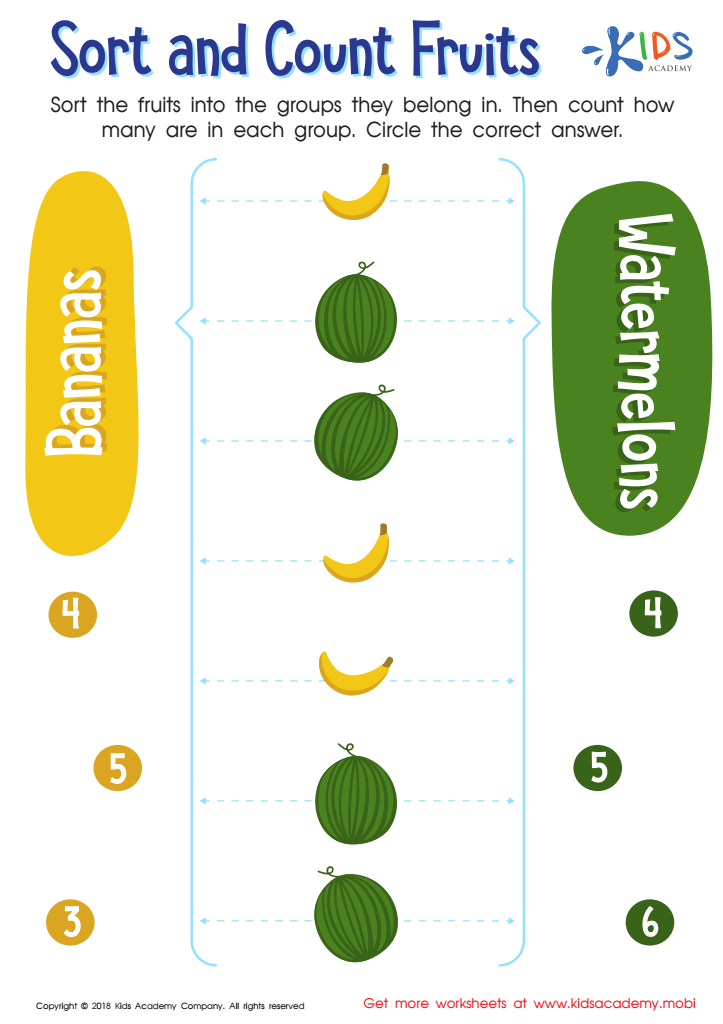

Sort and Count Fruits Worksheet
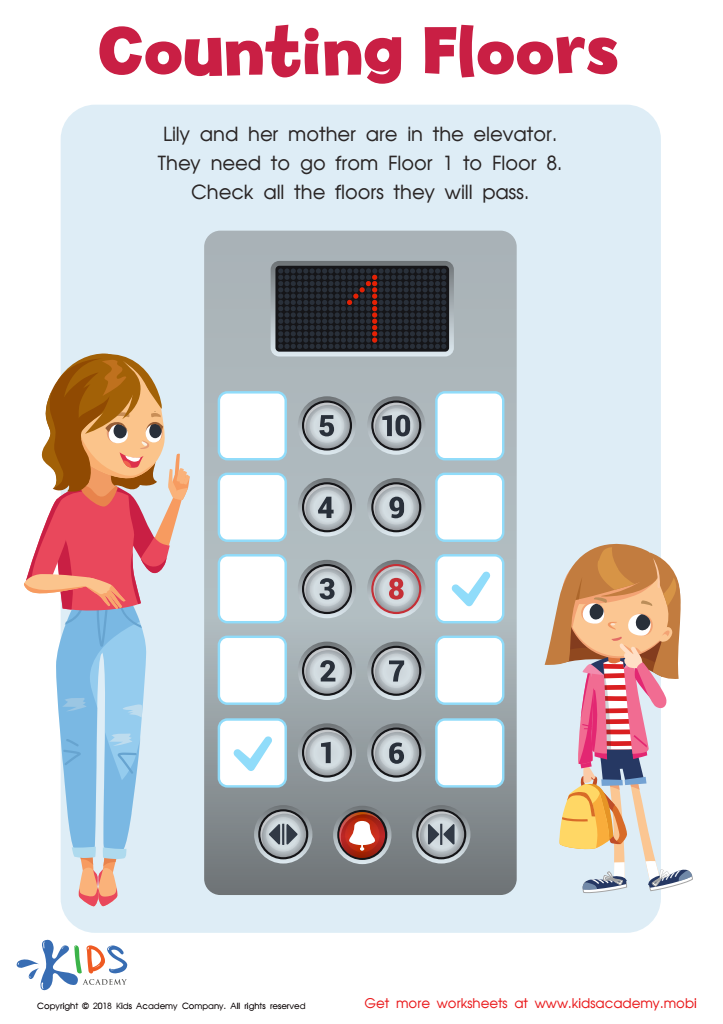

Counting Floors Worksheet
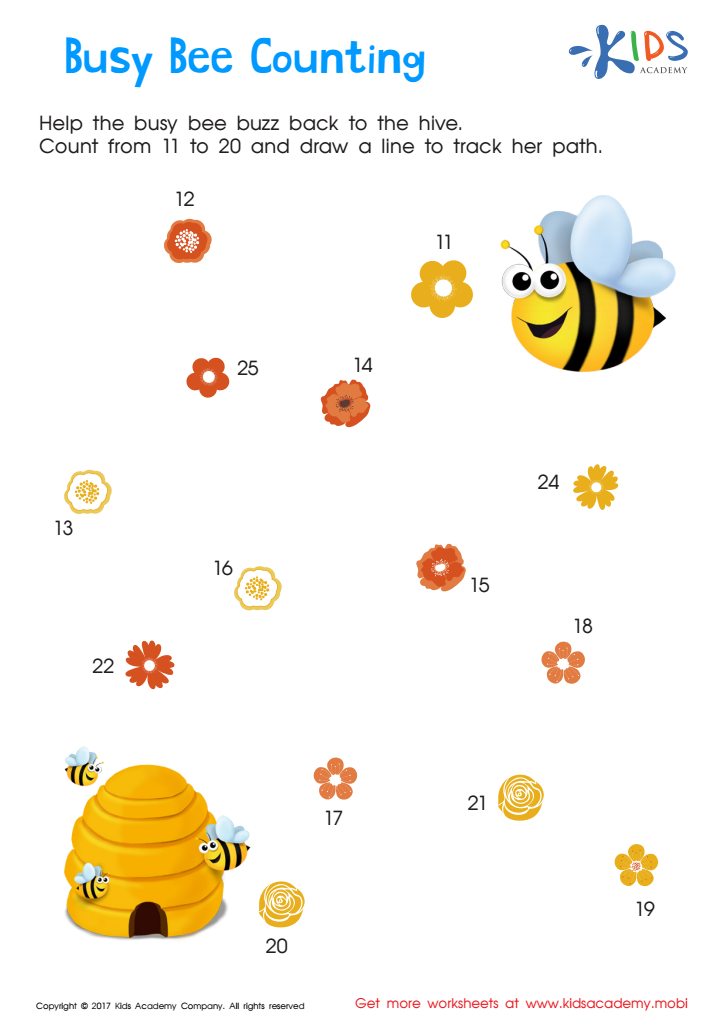

Ordering 11–20: Busy Bee Counting Worksheet
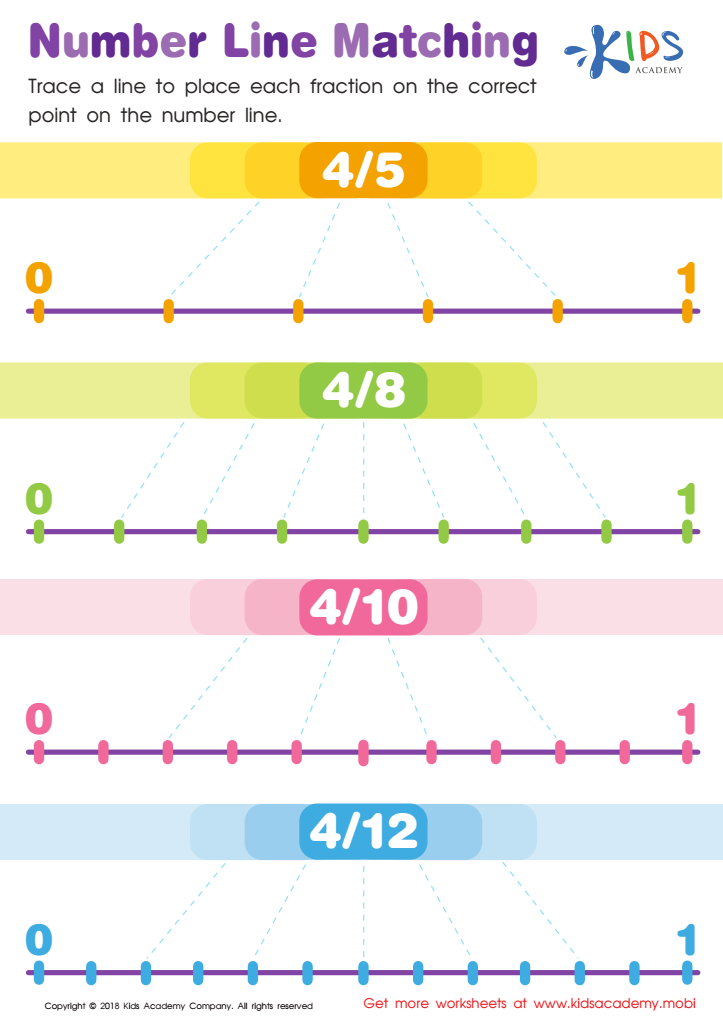

Number Line Matching Worksheet
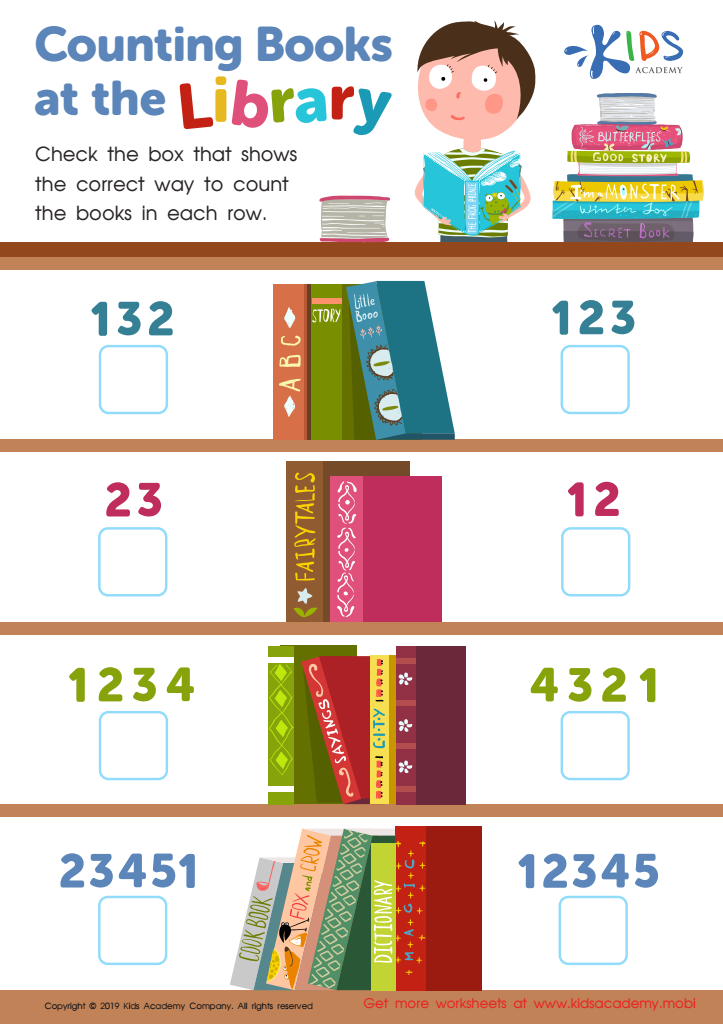

Counting Books at the Library Worksheet
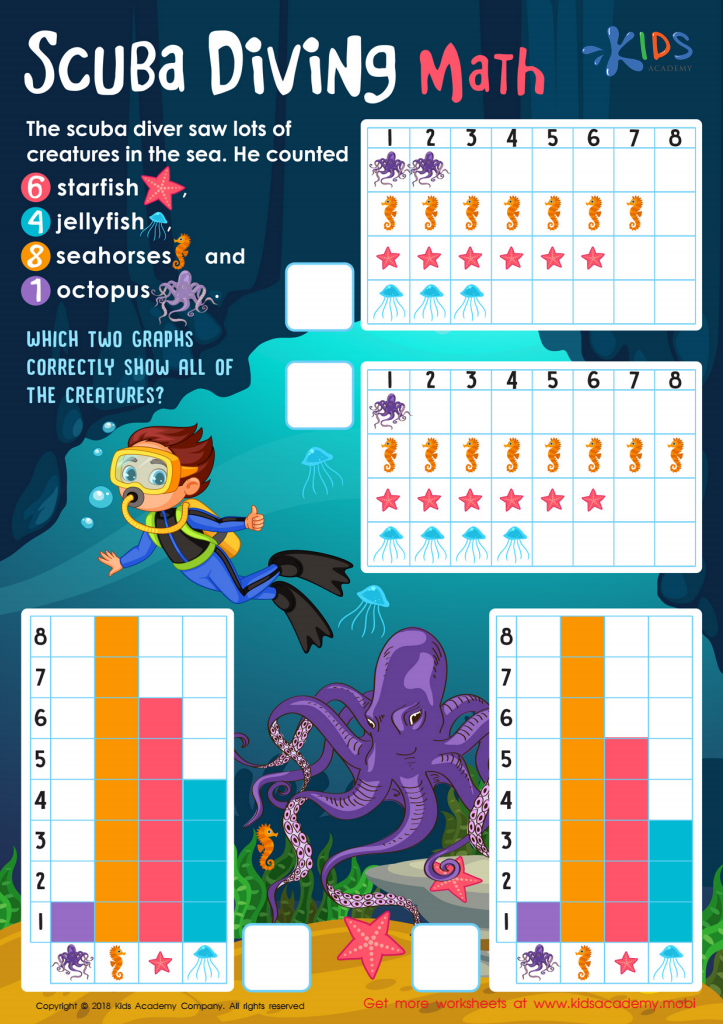

Scuba Diving Math Worksheet
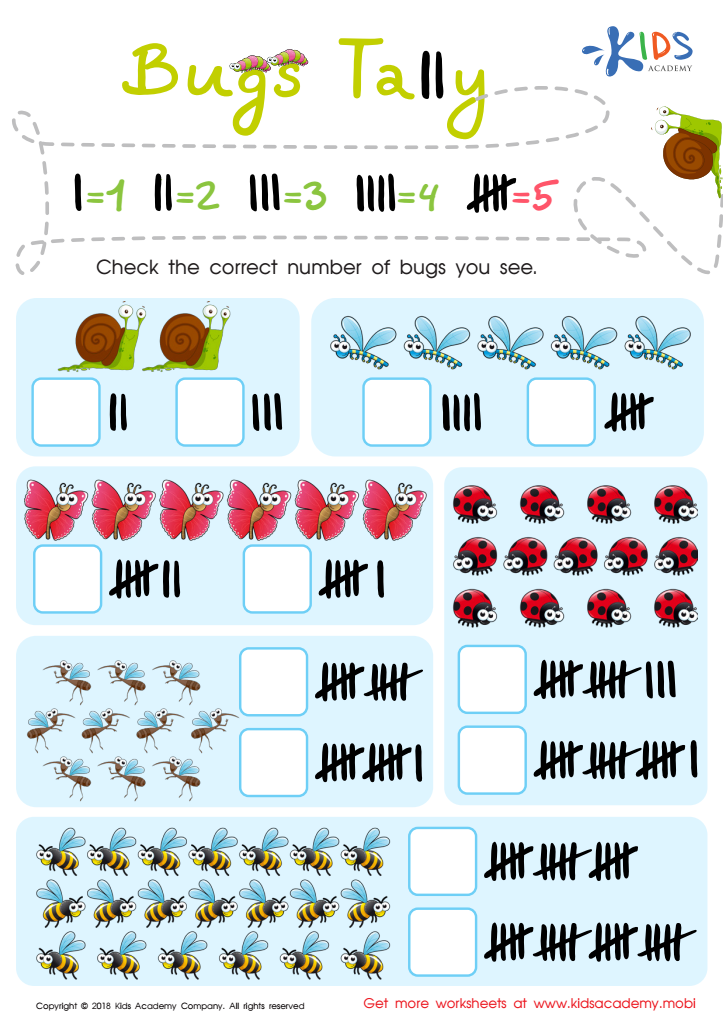

Bugs Tally Worksheet
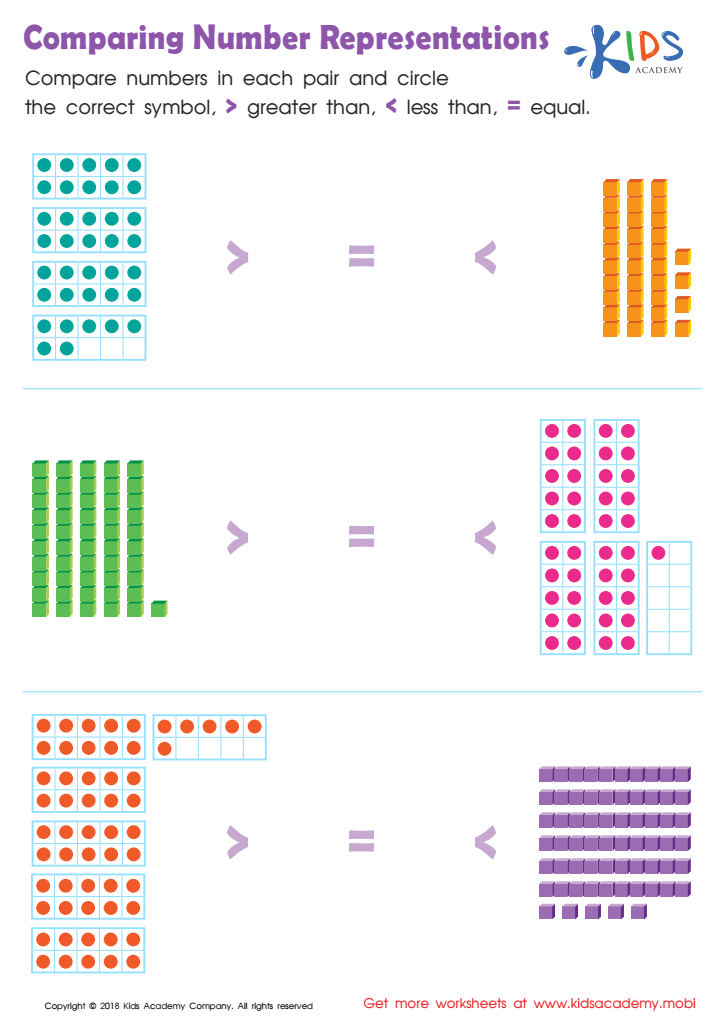

Comparing Number Representations Worksheet
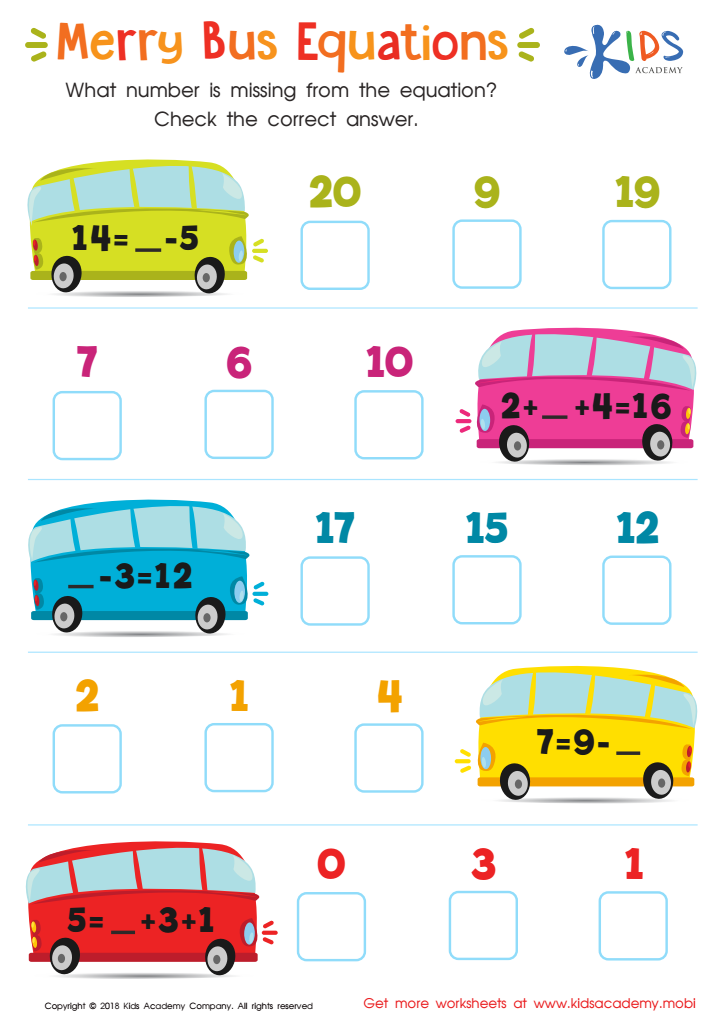

Merry Bus Equations Worksheet
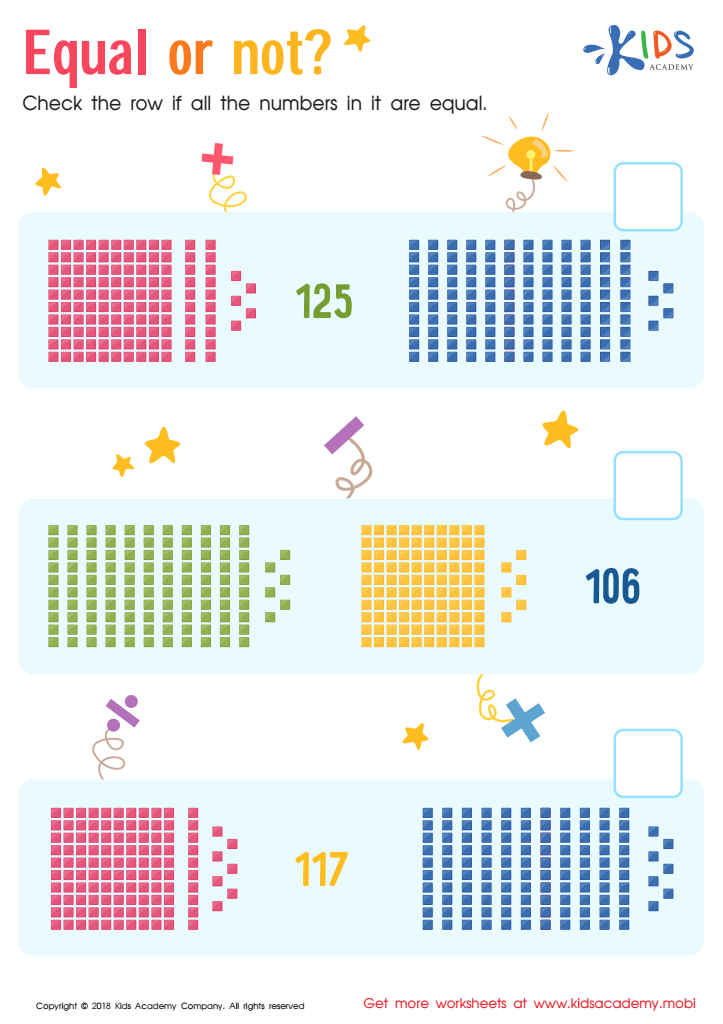

Equal or not Worksheet
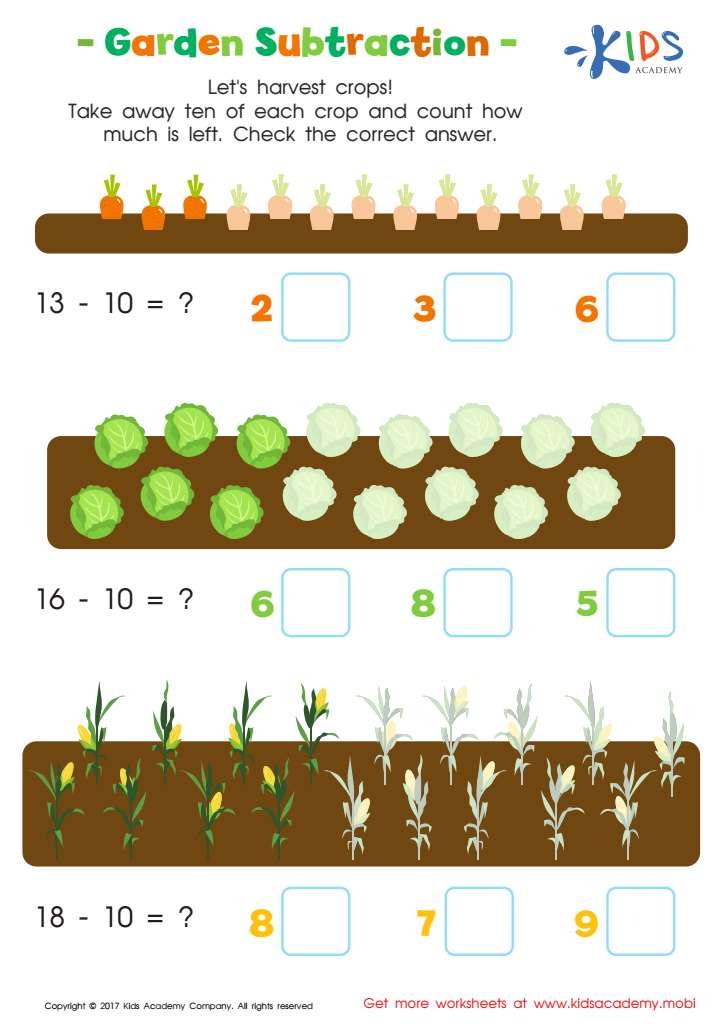

Garden Subtraction Worksheet
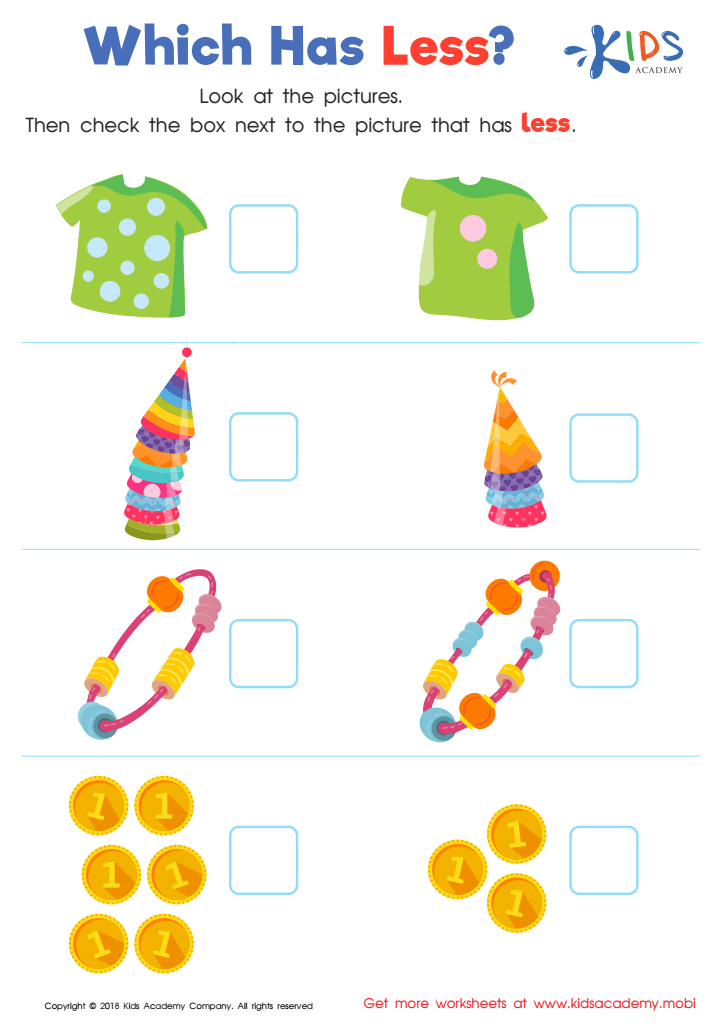

Which Has Less? Worksheet
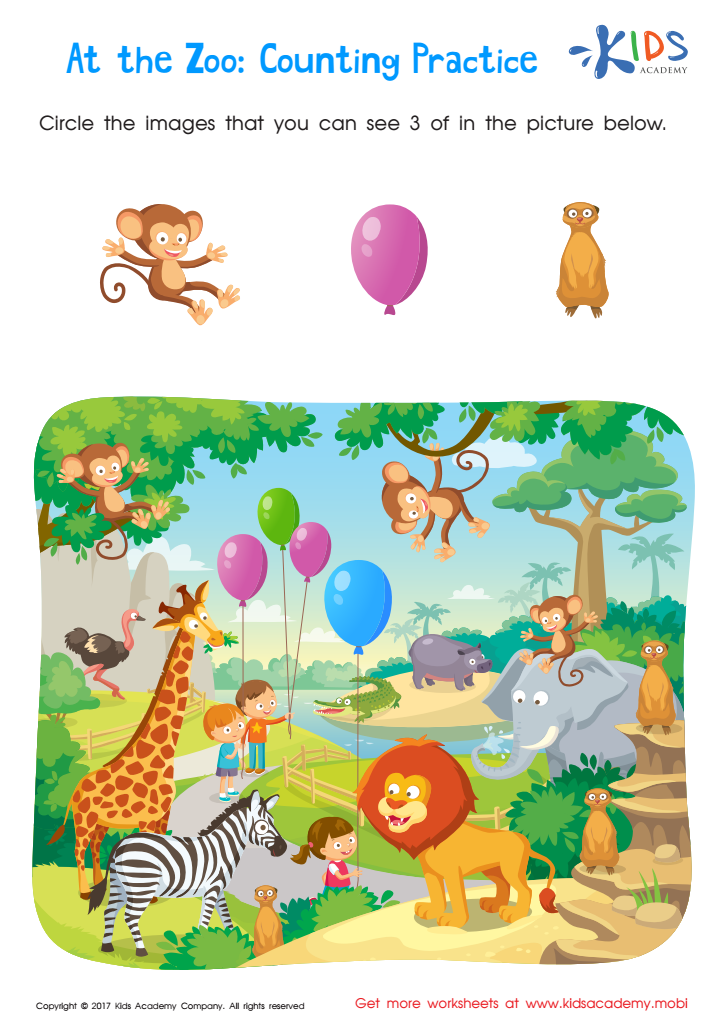

At the Zoo: Counting Practice Worksheet
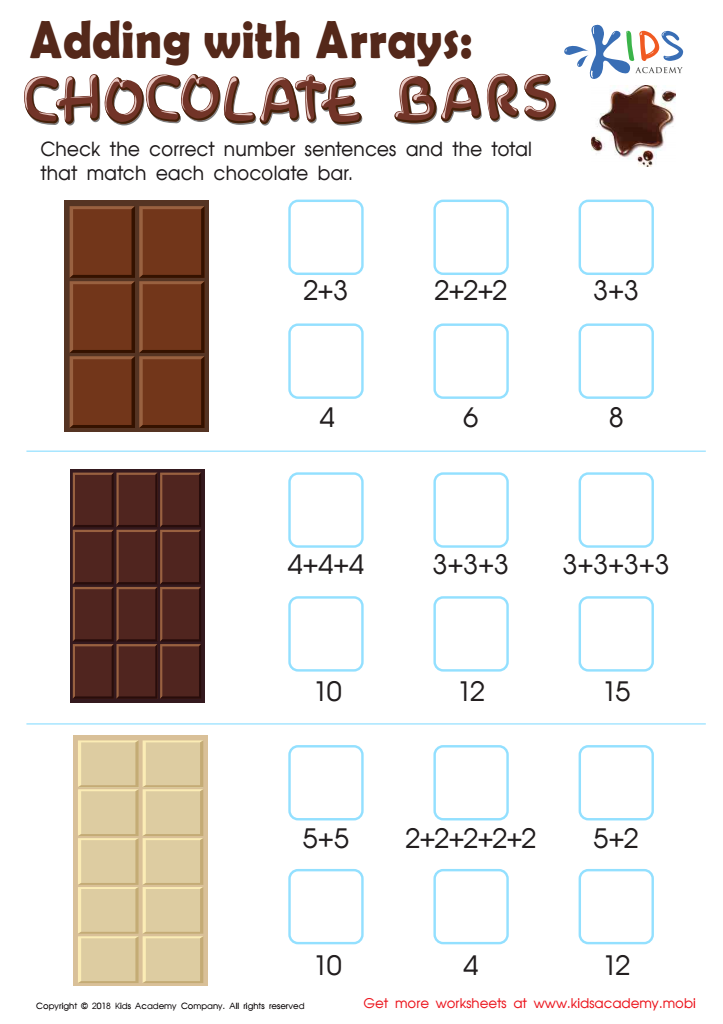

Adding with Arrays: Chocolate Bars Worksheet
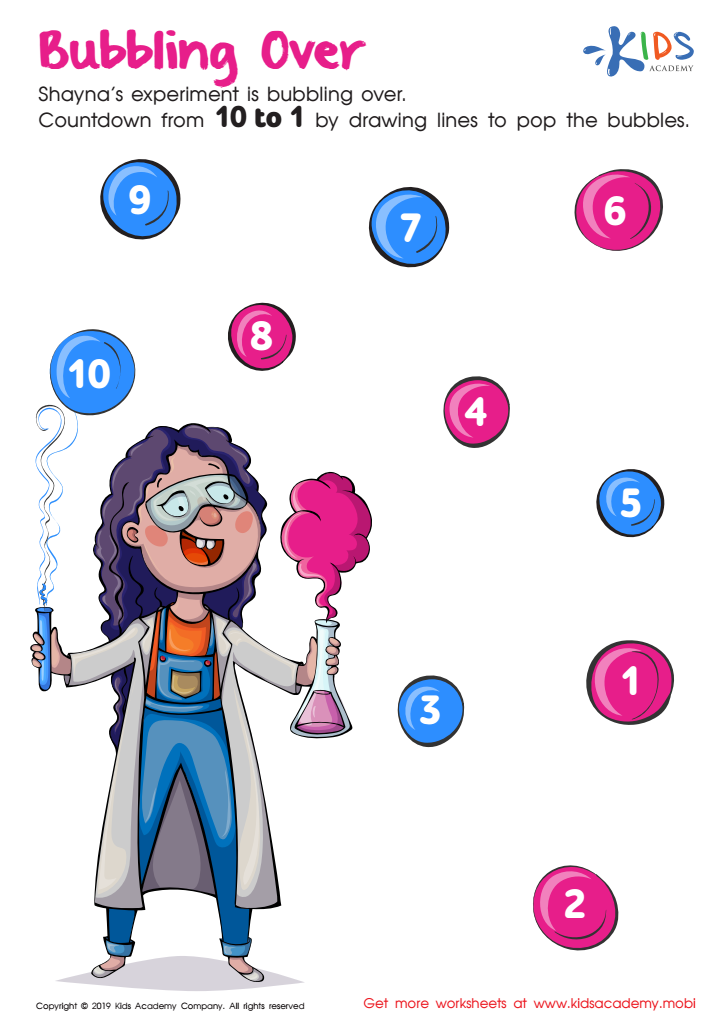

Bubbling Over Worksheet
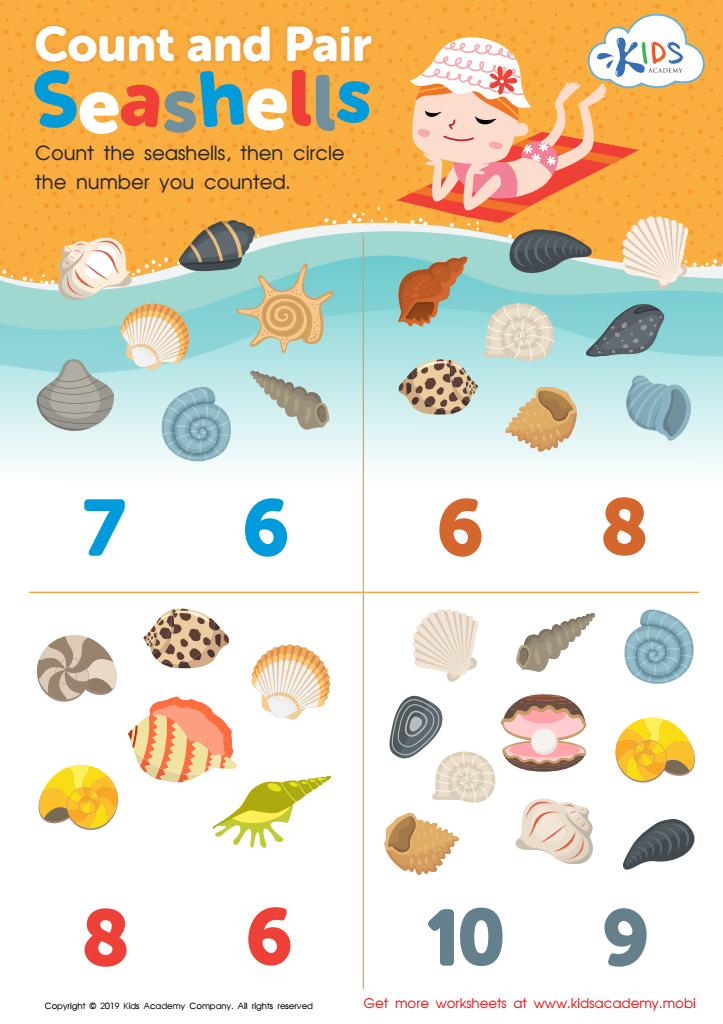

Count and Pair Seashells Worksheet
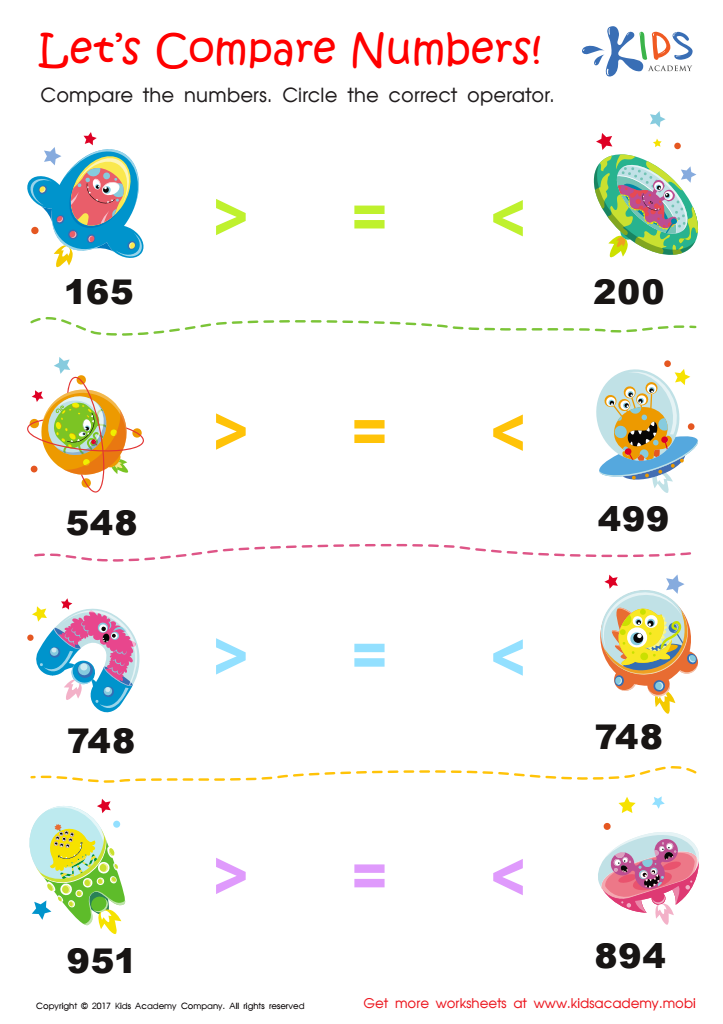

Comparing Numbers Worksheet for 2nd Grade
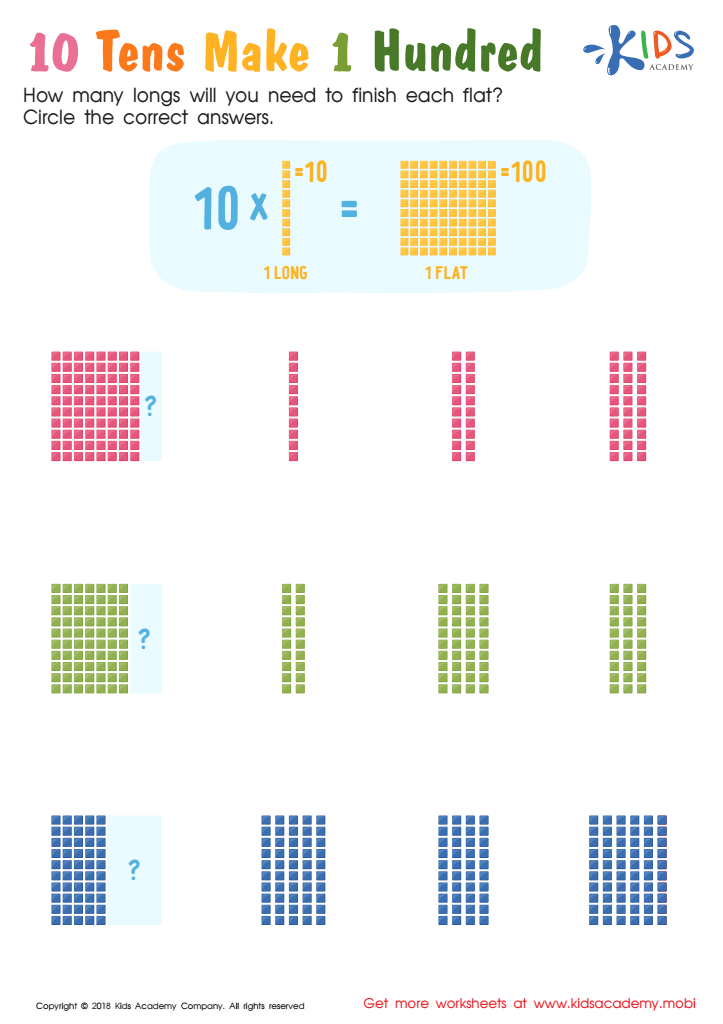

10 Tens Make 1 Hundred Worksheet
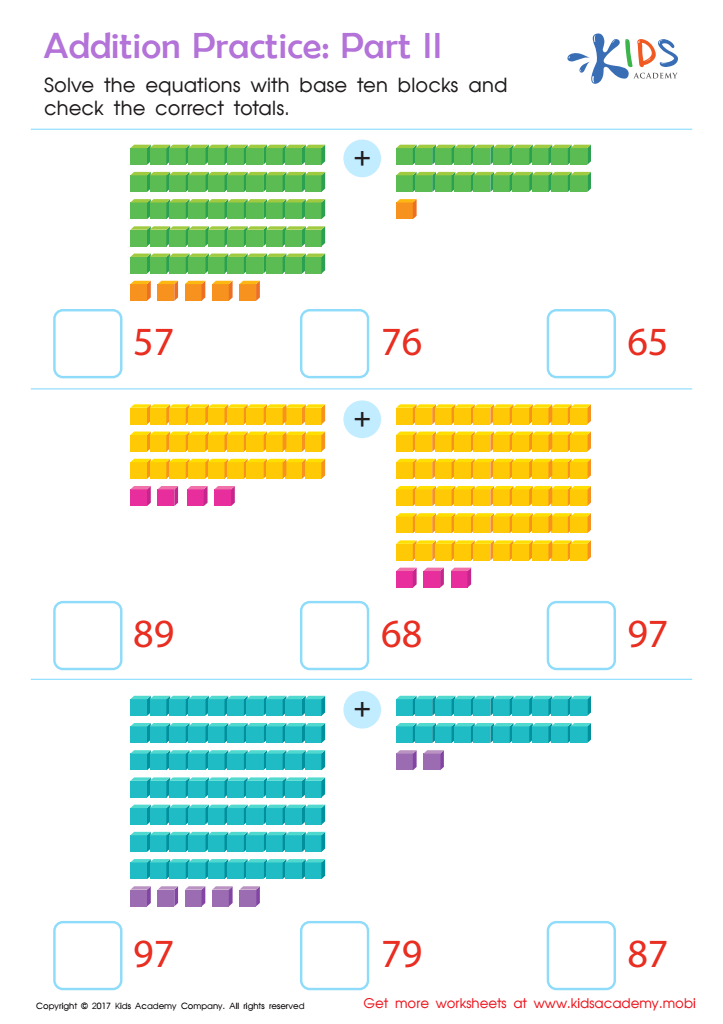

Addition Practice Sheet: Part 2
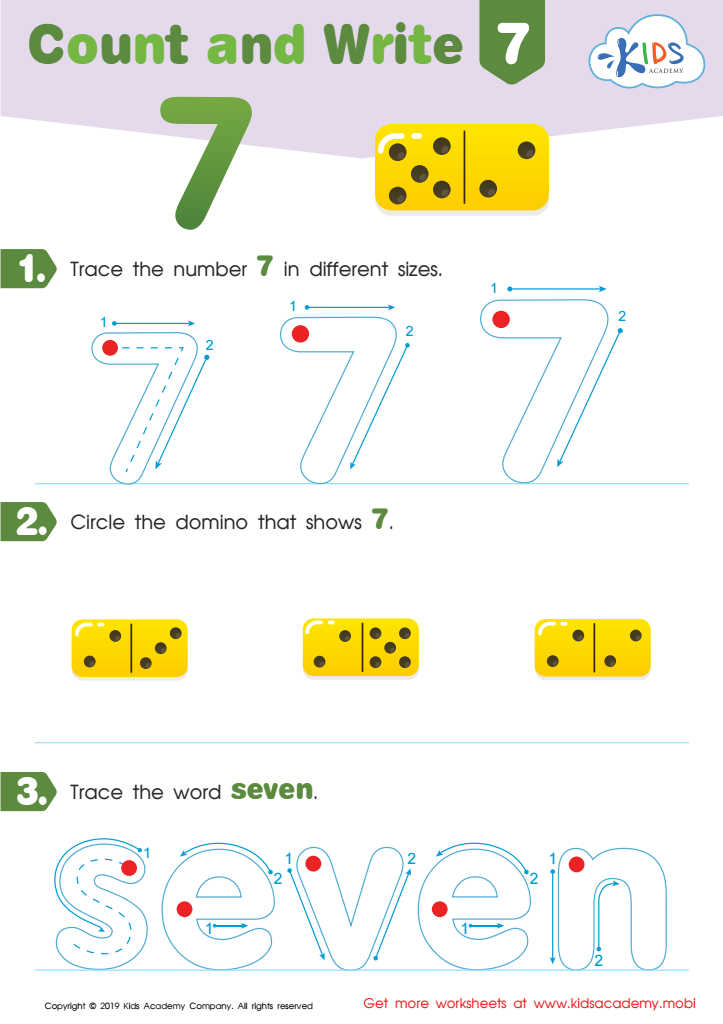

Count and Write 7 Worksheet
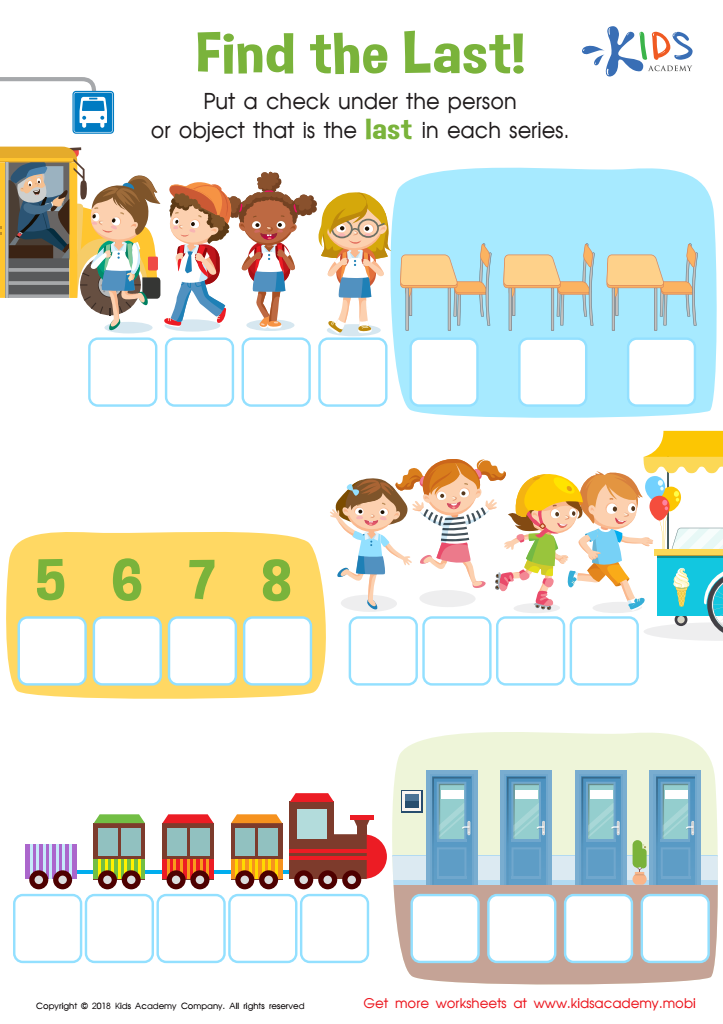

Find the Last! Worksheet
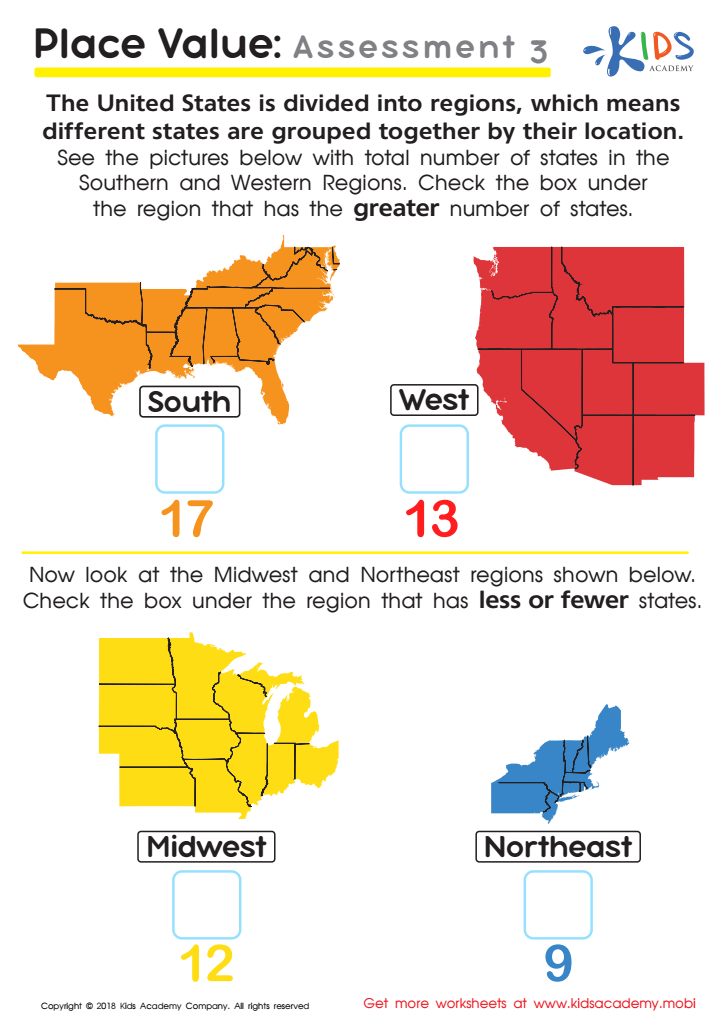

Place Value: Assessment 3 Worksheet
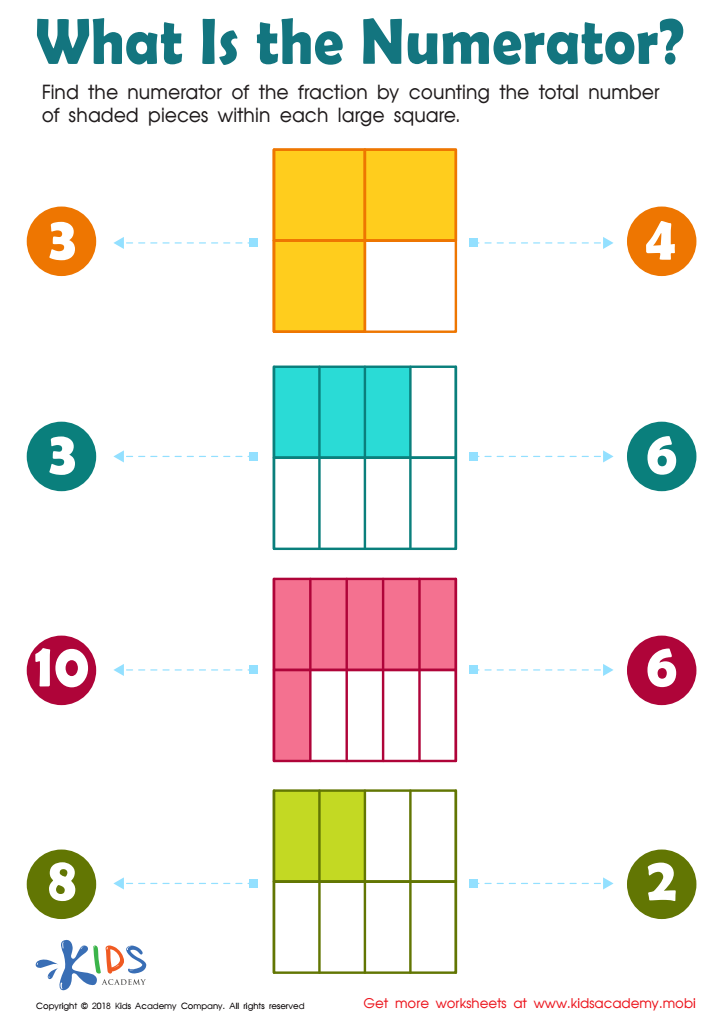

What Is the Numerator? Worksheet
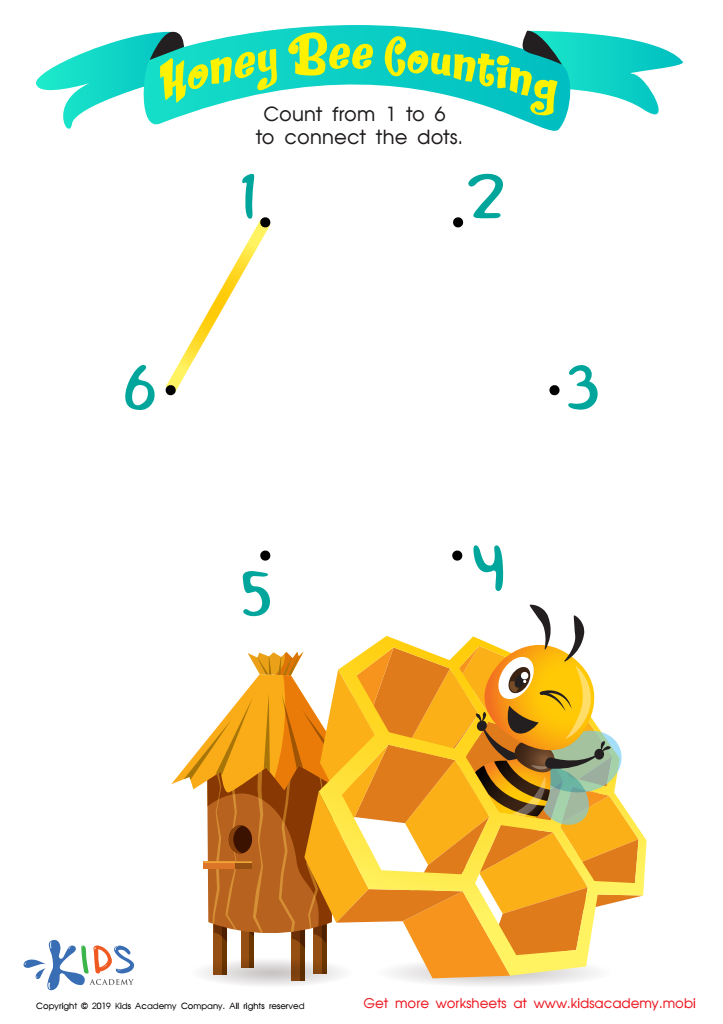

Honey Bee Counting Worksheet
Parents and teachers should prioritize basic math skills for children ages 5-8 because these foundational concepts are crucial for lifelong learning and daily functioning. At this developmental stage, children begin to grasp essential number concepts, such as counting, addition, subtraction, and the understanding of shapes and patterns. Mastering these skills supports cognitive development and enhances problem-solving abilities.
Early math skills are linked to future academic success; studies show that a strong grasp of basic math concepts can predict later performance in STEM subjects. Additionally, math competency fosters confidence among young learners, allowing them to approach challenges with a positive mindset.
Incorporating math into everyday activities helps children see its practical applications, making it relevant and engaging. For example, counting objects during play, measuring ingredients while cooking, or recognizing shapes in the environment can enhance learning and reinforce important concepts.
Moreover, promoting these skills early can bridge any gaps in understanding, reducing anxiety around the subject as they grow. Ultimately, cultivating a supportive environment where math is embraced allows children to develop critical thinking abilities, ensuring they are better prepared for advanced learning in the future. Prioritizing these skills not only benefits individual students but society as a whole by fostering a mathematically literate population.
 Assign to My Students
Assign to My Students




















